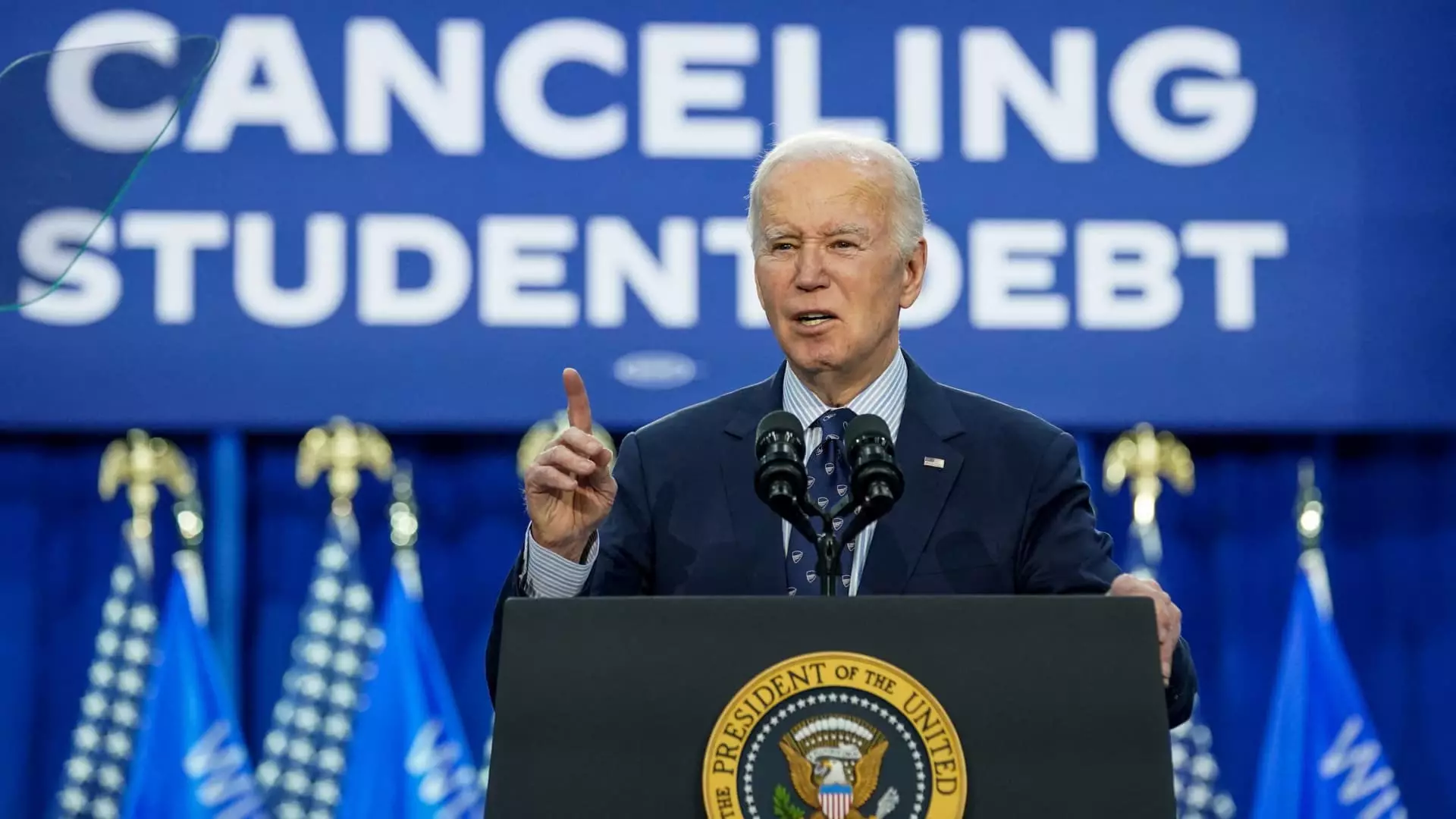President Joe Biden recently unveiled his Plan B for student loan forgiveness, shedding light on his ambition to offer some free college options. In his $7.3 trillion budget for fiscal 2025, Biden included free community college as a key component. This initiative aims to eliminate the need for loans, making higher education more accessible. While the concept of free college is regarded as a superior method for addressing the college affordability crisis, experts have expressed optimism about its potential for widespread support in the future.
Critics argue that loan forgiveness is merely a temporary fix that benefits only graduates with existing debt. Ryan Morgan, CEO of the Campaign for Free College Tuition, believes that free college offers a broader solution to the ongoing challenge of rising college costs. By removing financial barriers, free college opens doors for all qualified individuals to pursue higher education. This makes it a popular bipartisan issue that resonates with a wide audience.
While the Biden administration’s plan for free community college was removed from the Build Back Better Act in 2021, many states have taken matters into their own hands. A total of 35 states have implemented tuition-free programs, primarily offering “last-dollar” scholarships to cover remaining tuition costs after applying existing financial aid. However, critics argue that these programs do not address all financial challenges faced by lower-income students, such as fees, textbooks, and living expenses.
Despite being touted as a cost-effective pathway to a four-year degree, community colleges have a low rate of students transferring to bachelor’s programs. Reports indicate that only 16% of community college students go on to obtain a bachelor’s degree. Moreover, the cost of attending community college is significantly lower than that of four-year institutions, with average tuition and fees amounting to $3,990 per year. Therefore, the efficacy of free community college programs in promoting educational attainment remains questionable.
Among state-based tuition-free programs, the New Mexico Opportunity Scholarship Act has been hailed as a comprehensive initiative that caters to a diverse student population. This program extends support to returning adult learners, part-time students, and immigrants, regardless of their immigration status. By prioritizing state aid and allowing federal aid and private scholarships to cover additional expenses, New Mexico’s program has successfully boosted college enrollment in the state.
While President Biden’s push for free college demonstrates a commitment to improving access to education, there are inherent challenges and limitations within this approach. The effectiveness of free community college programs in addressing the root causes of the college affordability crisis remains uncertain. State-level initiatives like the New Mexico Opportunity Scholarship Act offer valuable insights into enhancing the accessibility and inclusivity of higher education. Moving forward, policymakers must carefully evaluate the impact and sustainability of tuition-free programs to ensure meaningful and lasting benefits for students nationwide.

Leave a Reply